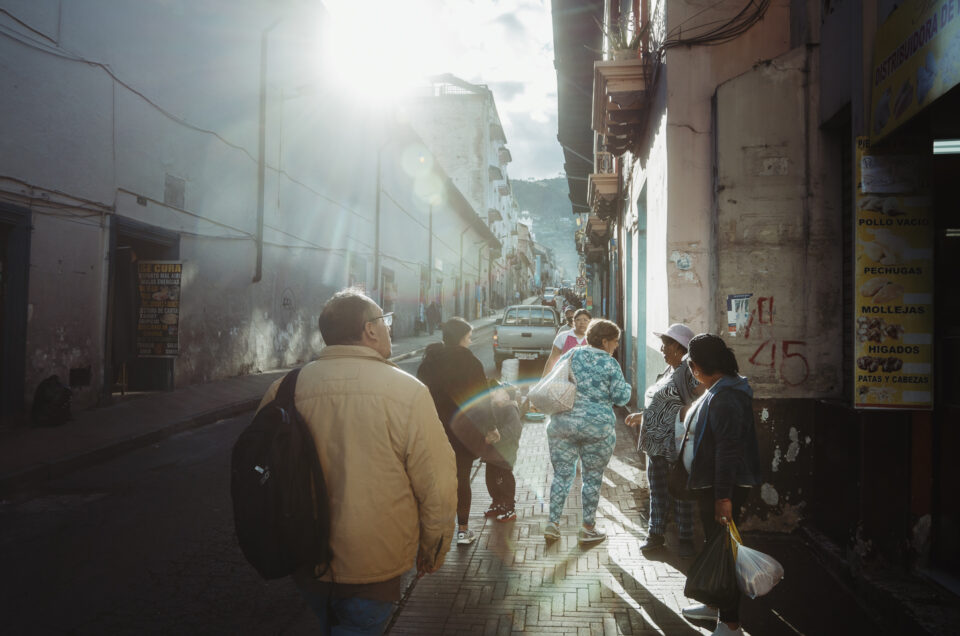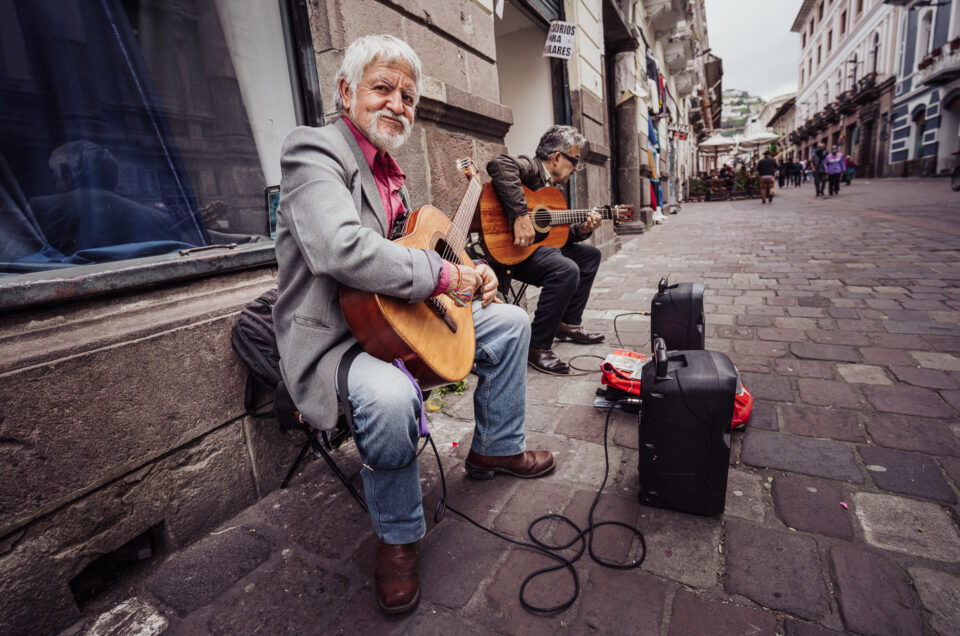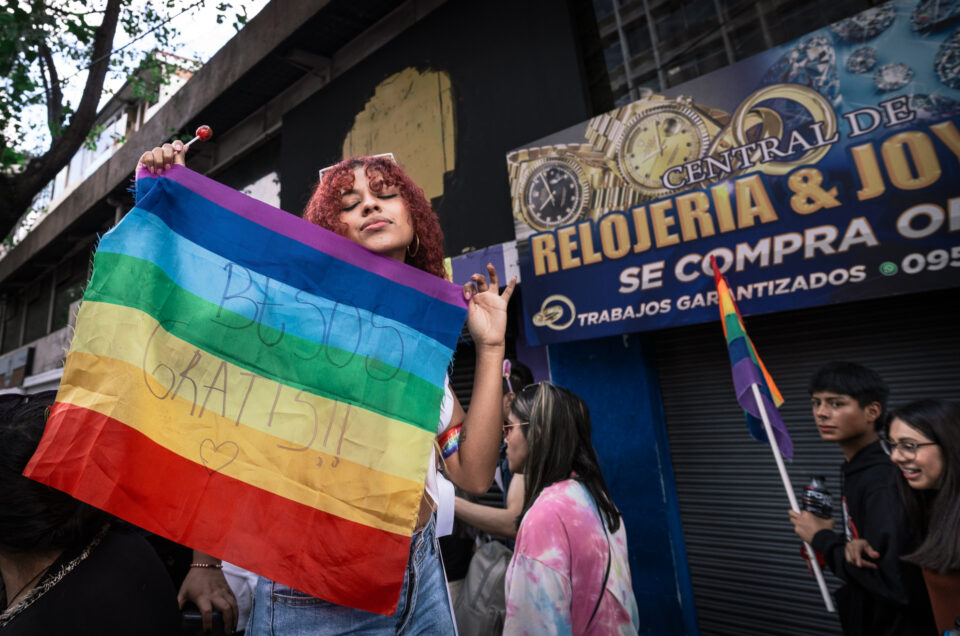[ Manali, India]
In July of 2013, Manali, Himachal Pradesh, was my point of departure for a seven-week, 1200km bike ride through the Indian Himalayas. (That’s bicycle, just to be clear.)
It was the most breathtaking and adventurous bike touring experience of my life (up to that point). Even ignoring the final day’s back-to-back attempts on my life by (1) an angry monkey and (2) a convoy of Indian Army trucks, I desperately needed a couple weeks’ recuperation. I stayed put.
This recuperation meant lots of things: devouring my body weight in high-calorie foods each day; cleaning and adjusting my poor, abused bicycle; preening with surprise over my new, fat-free physique (165 lean, mean pounds—down 40 from my US weight); and repairing my newly threadbare clothes and footwear.
In Nepal and India, this latter task is easy: ask a shoe walla for help.
Shoe wallas are essentially cobblers and shoeshine ‘boys’ who set up shop along busy pedestrian thoroughfares. They carry a small wooden toolbox and a small bag or rucksack filled with replacement soles and insoles, laces, eyelets, and anything required to restore a pair of badly beaten (or merely filthy) shoes to some semblance of their youthful luster. They have a disconcerting habit (occupational hazard?) of making eye contact with your footwear before looking up at you and beginning their pitch: “Cleaning? Repair? Very cheap, no problem!” Walking down the street with shredded boots and a pair of ten-year-old Tevas in hand, I was quickly surrounded.
The winning sales pitch came from a seasonal Punjabi gentleman named Ajay, in his early thirties. While he worked, we chatted about my cycling tour, about Nepal, and about his family—at home in Amritsar, Punjab. Like the majority of Indian Punjabis he is a Sikh, livinig Amritsar’s world-famous Golden Temple. As normally happens in such meetings, I was invited to his home should I find myself in Punjab. We exchanged contact information.
Some days later he sought me out, presenting me with a small friendship band. After my departure from Manali we spoke on the phone a few times, and that was that. I never made it to Punjab; we lost touch.
*****
Four years have passed since this brief encounter, but I’m reminded of Ajay each time I return to Manali though we never met again. Until a few days ago, that is.
Walking along the main thoroughfare here in Old Manali, I was startled to see him plying his trade in a large crowd of tourists. He looked up in the same moment, leading to big smiles and warm handshakes. He introduced me to his brother and nephew—wallas themselves—insisting I come to dinner with his family. His wife and three kids were in Amritsar, as usual, but many of his clan were in town, so we made a tentative date and I went about my business.
I missed the appointment. My phone wasn’t working, I woke up feeling under the weather, and—dismissing the whole thing as either informal or merely suggestive—I blew it off. Bad on me.
Two days later I found Ajay and apologized. We rescheduled for the following afternoon—today. I met him at Old Manali bridge and followed him down the hill towards Manali proper (aka New Manali). After a half mile we turned into a block of newer, clearly expensive tourist hotels & guest houses, wandering through a maze of construction sites, eventually picking our way through a gap in a broken fence.
It is here that I enter Ajay’s world. The gap opens into a small field surrounded by a thigh-high wall of stone and cinder blocks. Perhaps a dozen families have built seasonal lean-to shelters here—forming the north side of the enclosure. In another corner a standalone shed serves as a temple, and opposite the dwellings is a tarp-covered, ramshackle pile of corrugated tin scraps and tree branches serving as the encampment’s outhouse.
The families are seasonal migrants—shoe wallas, all men, supported by an assorted cast of women and children family members. There are wives, infants, toddlers, older siblings supervising the younger, cousins, sisters, aunts, and one grandmother—the matriarch of the whole show, Ajay’s mom. The group ranges in age from ten months to perhaps sixty, but it’s a young crowd, and they have all gathered on my behalf.
I realize with embarrassment how egregious my earlier misreading of local etiquette had been. They had gone to great lengths to make me feel welcome, to provide me with special foods (meat was purchased for the occasion), and to show up en masse. And again today: the living quarters have been cleaned and straightened, the finest cutlery assembled, blankets piled high to provide me a comfortable seat, bottled water & fresh curd were laid before me like offerings. I apologize repeatedly—and profusely—for my previous misstep, but they’ve long gotten over it (if they ever took it as a slight to begin with).
Instead of recriminations, we sit in front of the central lean-to gossiping and laughing. As though an esteemed Guru, I receive a long line of visitors—the Curious rather than the Faithful. Fathers and mothers presenting babies, curious teens lurking, sleepy children gawking as the wallas themselves light cigarettes and circle ’round. Most of the women remain in the kitchen—taking direction from Ajay’s mother—but participating fully in this noisy preamble.
Dinner follows. Photographs. More gossip, then an extended “men-to-man” meeting wth Ajay and his brother—we drink tea, discuss our respective families’ various blessings and burdens, and generally get involved in one another’s most personal business (a meaningful step, indicative of much). Things slowly wind down and I take my leave. Just like that.
*****
I spend the rest of the day perplexed, vacillating between wonder and contentment and annoyance: how to make this simple truth plain to the folks at home? The closest I come is in a caption to one photo:
My friend Ajay’s mom cooks up some chapati yesterday afternoon in the family kitchen. This camp of provisional shelters is home to many migrant shoe walla families plying their trade….
Those who focus on the “squalor” and “poverty” of such lives are clueless—about history, reality, economics, and the world they think they live in. There’s not a 5-star restaurant in the world offering the level of hospitality, kindness, warmth, and authentic human wealth that is on display here every single day, come what may.
I live a charmed life.
And it’s true. I do.














